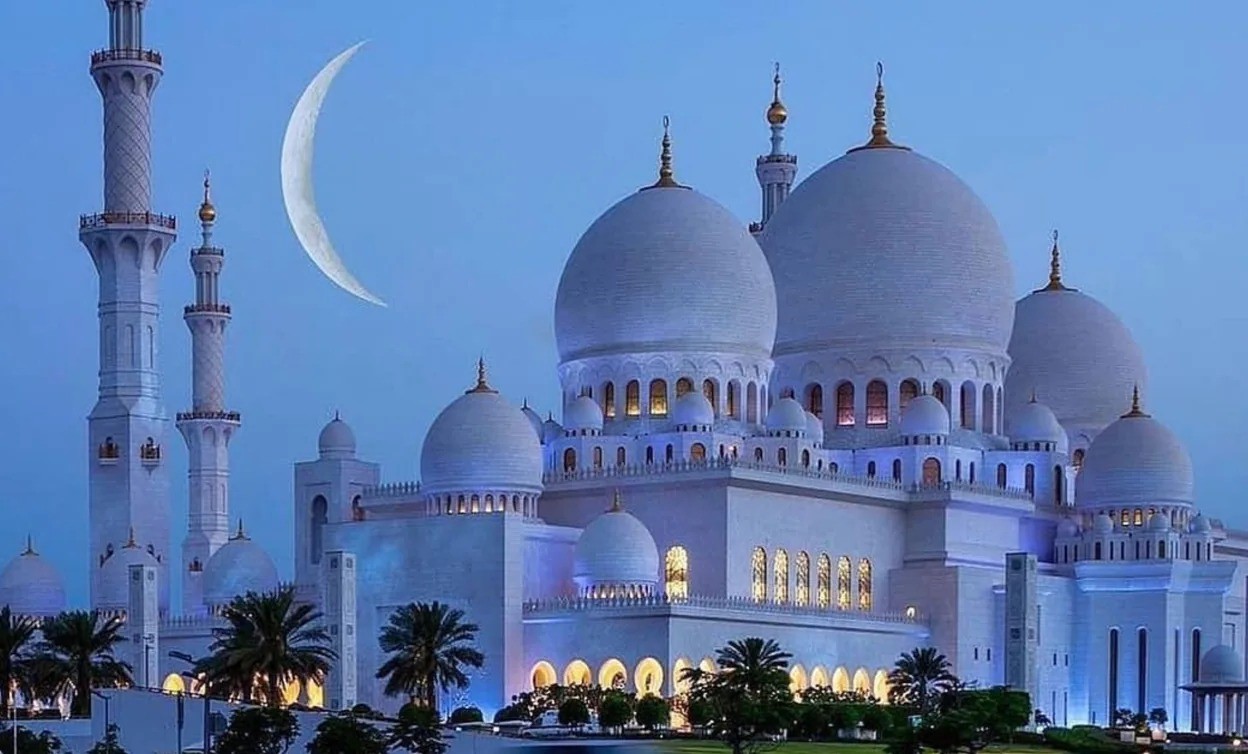What You Didn’t Know About Muharram And The Islamic New Year

Muharram marks the beginning of the Islamic New Year, a time of reflection and renewal for Muslims worldwide. Unlike the festive atmosphere of other New Year celebrations, Muharram holds deep spiritual significance. It is one of the four sacred months in Islam, making it a period of peace and introspection. The first ten days, especially the 10th day known as Ashura, are particularly important. Ashura commemorates the martyrdom of Husayn ibn Ali, the grandson of Prophet Muhammad, in the Battle of Karbala. This event is a cornerstone for Shia Muslims, who observe it with mourning and remembrance. Sunni Muslims also recognize Ashura, often through fasting and prayer. Understanding Muharram offers a glimpse into the rich tapestry of Islamic traditions and beliefs.
Understanding Muharram
Muharram, the first month of the Islamic calendar, holds great significance for Muslims worldwide. It marks the beginning of the Islamic New Year and is a time for reflection, prayer, and remembrance. Let's explore some key aspects of this sacred month.
The Importance of Muharram
Muharram is not just any month; it is one of the four sacred months in Islam. During this time, many Muslims engage in fasting, prayer, and acts of charity. Here are some important aspects of Muharram:
Sacred Month: Muharram is one of the four sacred months in Islam, where fighting is prohibited. This makes it a time for peace and spiritual reflection.
Day of Ashura: The 10th day of Muharram, known as Ashura, is particularly significant. It commemorates the martyrdom of Husayn ibn Ali, the grandson of Prophet Muhammad, at the Battle of Karbala.
Fasting: Many Muslims fast on the 9th and 10th days of Muharram. This practice is believed to bring great spiritual rewards and is a way to honor the sacrifices made during this month.
Acts of Charity: Giving to those in need is highly encouraged during Muharram. Acts of kindness and charity are seen as a way to purify the soul and earn blessings.
Historical Significance of Ashura
Ashura, the 10th day of Muharram, holds deep historical and religious significance. It is a day of mourning for many Muslims, particularly Shia Muslims, who remember the martyrdom of Husayn ibn Ali. Here are some key points about Ashura:
Battle of Karbala: The Battle of Karbala took place on the 10th of Muharram in 680 AD. Husayn ibn Ali and his followers were martyred in this battle, which is a pivotal event in Islamic history.
Commemoration: Shia Muslims commemorate Ashura with mourning rituals, processions, and reenactments of the Battle of Karbala. These practices serve as a reminder of the sacrifices made for justice and truth.
Sunni Observance: While Shia Muslims focus on mourning, Sunni Muslims observe Ashura by fasting. It is believed that fasting on this day can expiate sins from the previous year.
Traditions and Practices During Muharram
Muharram is marked by various traditions and practices that vary across different cultures and communities. Here are some common ways Muslims observe this sacred month:
Majlis: Shia Muslims hold gatherings called Majlis, where they listen to sermons and recitations about the events of Karbala. These gatherings are a way to remember and honor the sacrifices of Husayn ibn Ali and his followers.
Processions: In many countries, processions are held to commemorate Ashura. Participants often dress in black, chant hymns, and carry banners as they walk through the streets.
Charity and Giving: Acts of charity are highly encouraged during Muharram. Many Muslims donate to the poor, provide food for the needy, and engage in other charitable activities.
Fasting: Fasting on the 9th and 10th days of Muharram is a common practice among Sunni Muslims. This act of devotion is believed to bring spiritual rewards and cleanse the soul.
Muharram Around the World
Muharram is observed differently in various parts of the world, reflecting the diverse cultures and traditions within the Muslim community. Here are some examples of how Muharram is celebrated globally:
India: In India, Muharram is marked by large processions, particularly in cities like Lucknow and Hyderabad. Participants often reenact the Battle of Karbala and engage in acts of self-flagellation as a form of mourning.
Iran: In Iran, Muharram is a time of intense mourning and reflection. The streets are often filled with processions, and people participate in dramatic reenactments of the events of Karbala.
Iraq: Karbala, the site of the historic battle, becomes a focal point during Muharram. Millions of pilgrims visit the city to pay their respects and participate in the Ashura commemorations.
Pakistan: In Pakistan, Muharram is observed with processions, Majlis gatherings, and acts of charity. Security is often heightened during this time to ensure the safety of participants.
Lebanon: In Lebanon, particularly in areas with a significant Shia population, Muharram is marked by processions, sermons, and community gatherings. The events of Karbala are recounted, and the sacrifices of Husayn ibn Ali are honored.
Muharram and the Islamic New Year offer a time for Muslims to reflect on their faith, remember historical events, and engage in acts of devotion and charity. Whether through fasting, prayer, or community gatherings, this sacred month holds deep meaning for Muslims around the world.
Muharram's Deep Significance
Muharram isn't just another month on the Islamic calendar. It holds deep significance for Muslims worldwide. The Islamic New Year marks a time of reflection, remembrance, and renewal. Many observe Ashura, the 10th day of Muharram, with fasting and prayers, commemorating the martyrdom of Imam Hussain. This month encourages Muslims to reflect on their faith, history, and the sacrifices made by their ancestors.
Understanding Muharram's importance helps appreciate the rich tapestry of Islamic traditions. It's a time for community, spirituality, and honoring the past. Whether you're Muslim or just curious about different cultures, learning about Muharram offers a glimpse into the profound values and beliefs that shape the lives of millions. So next time you hear about Muharram, you'll know it's much more than just a date on the calendar.

